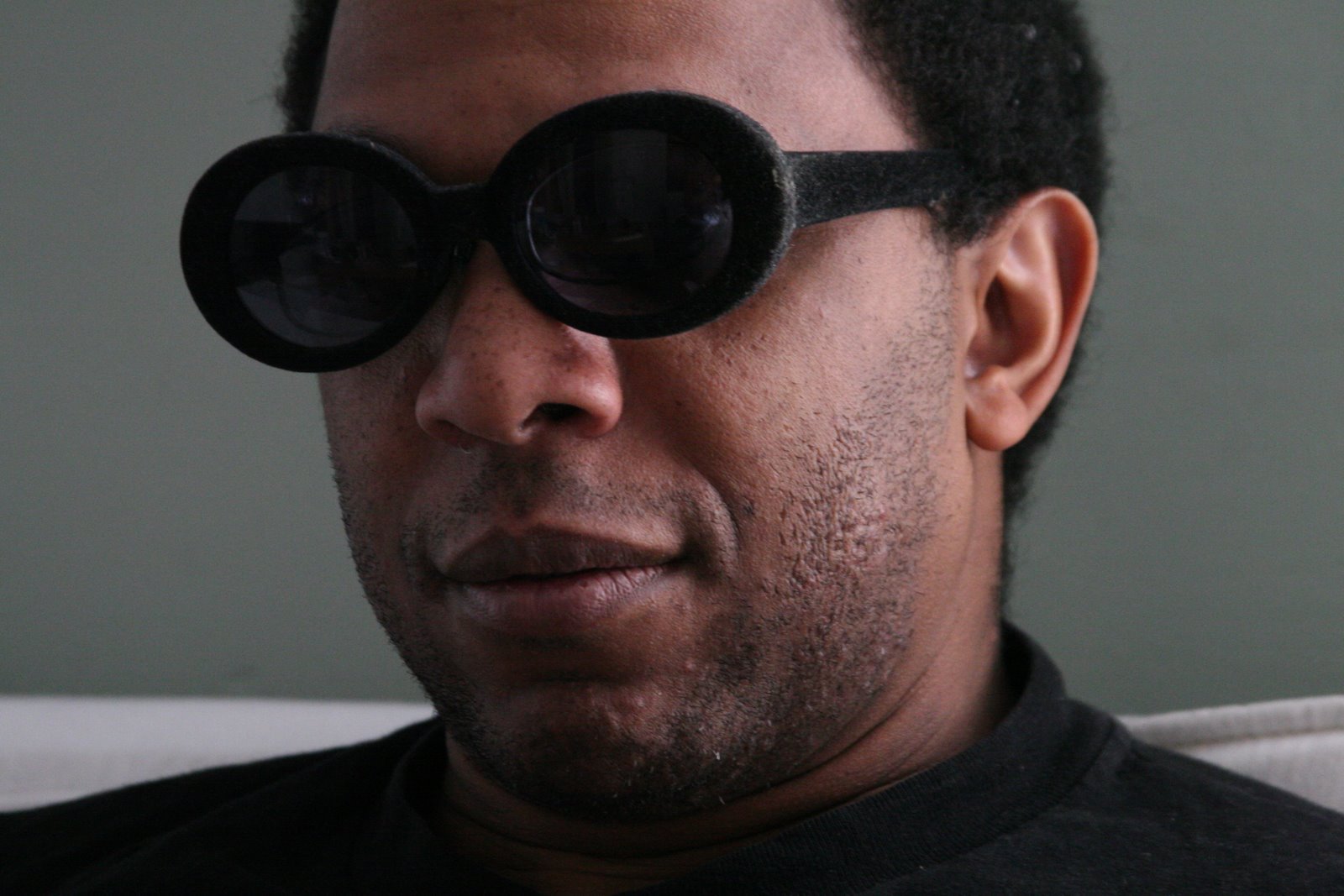


What Does Telos Mean? | |
| For many, life is a journey with no destination. The ancient Greeks described history as an endless cycle of events, perpetually moving but never arriving. Like the Greeks, modern man drifts anchorless through life, experiencing and responding to each circumstance as it appears on the horizon but never really getting anywhere. For the Christian, however, every event—past, present, and future—moves toward a goal. Nothing is aimless; God causes all things to work together to accomplish His purpose (Romans 8:28). To explain this concept, the New Testament uses the Greek telos, meaning “end, goal, result, completion, History moves, not in circles, but straight toward the “end of all things” (I Peter 4:7; Matthew 24:14). It marches toward the climax of time—toward the complete fulfillment of God’s purposes. When mankind finally nears the finish line, it will find that the end is not a place, but a Person. Jesus Christ is the Telos, the End (Revelation 21:6; 22:13). When Jesus entered human history, to the untrained eye His path seemed random, but He traveled toward one destination, one end goal. He knew that His way led directly and purposefully t Main Entry: te·los Etymology: Greek; probably akin to Greek tellein to accomplish, tlEnai to bear -- more at TOLERATE | Golgotha, where He gave up His life to redeem the human race from sin. And nearing the end of His hours on the cross, He cried, “Tetelestai! It is finished.” He had perfectly fulfilled the goal His Father had set for Him. God has a telos for history. He had a telos for His Son. He has a telos for His children. He wants to transform us until we become like Jesus Christ. Ephesians 4:13 expresses the telos God plans for us: “Till we all come in the unity of the faith, and of the knowledge of the Son of God, unto a perfect [teleion] man.” The adjective teleion gives the idea of “complete, mature, grown up into full age.” Just as infants grow for years before reaching maturity, we will spend our lives growing into Christ’s teleion character—all our efforts in discipleship stretch toward this destination (Colossians 1:28). God’s commands are given to encourage His children to teleion character. “Now the end [telos] of the commandment is charity out of a pure heart, and of a good conscience, and of faith unfeigned” (I Timothy 1:5). The Telos Institute International aims to help you toward teleion, Christlike character, lighting the way to the glorious Telos Who waits at the end of your journey. Telos (philosophy)From Wikipedia, the free encyclopediaA telos (from the Greek word for "end", "purpose", or "goal") is an end or purpose, in a fairly constrained sense used by philosophers such as Aristotle. It is the root of the term "teleology," roughly the study of purposiveness, or the study of objects with a view to their aims, purposes, or intentions. Teleology figures centrally in Aristotle's biology and in his theory of causes. It is central to nearly all philosophical theories of history, such as those of Hegel and Marx. One running debate in contemporary philosophy of biology is to what extent teleological language (as in the "purposes" of various organs or life-processes) is unavoidable, or is simply a shorthand for ideas that can ultimately be spelled out nonteleologically. Philosophy of action also makes essential use of teleological vocabulary: on Davidson's account, an action is just something an agent does with an intention--that is, looking forward to some end to be achieved by the action.
|

No comments:
Post a Comment